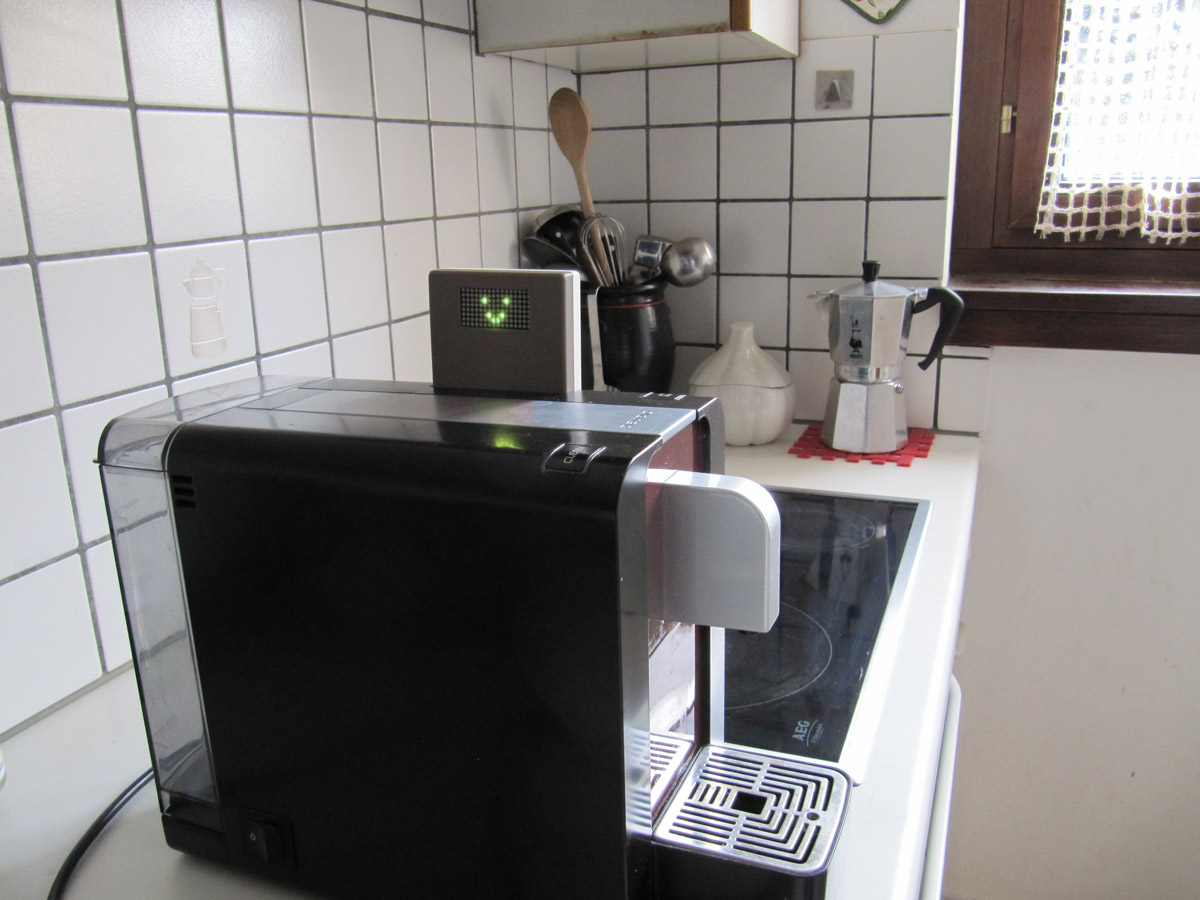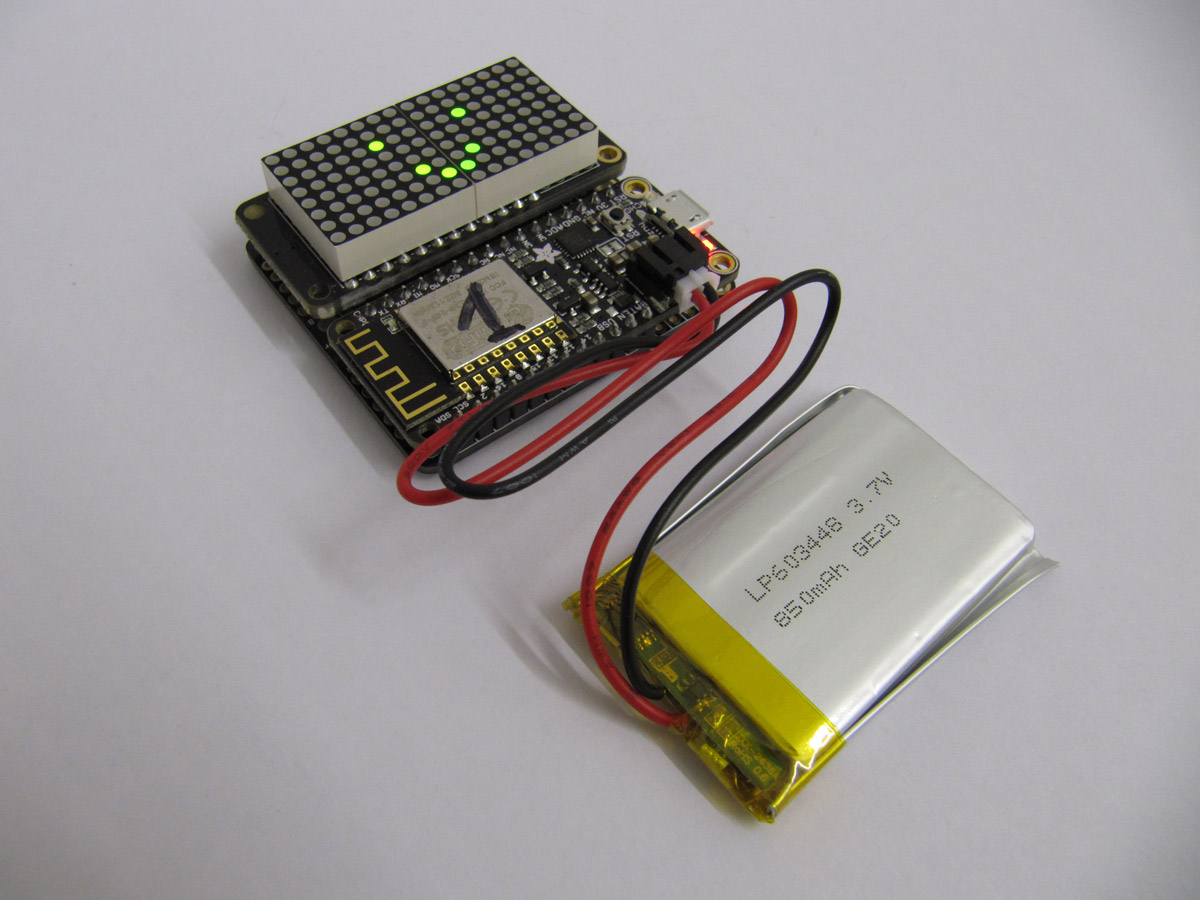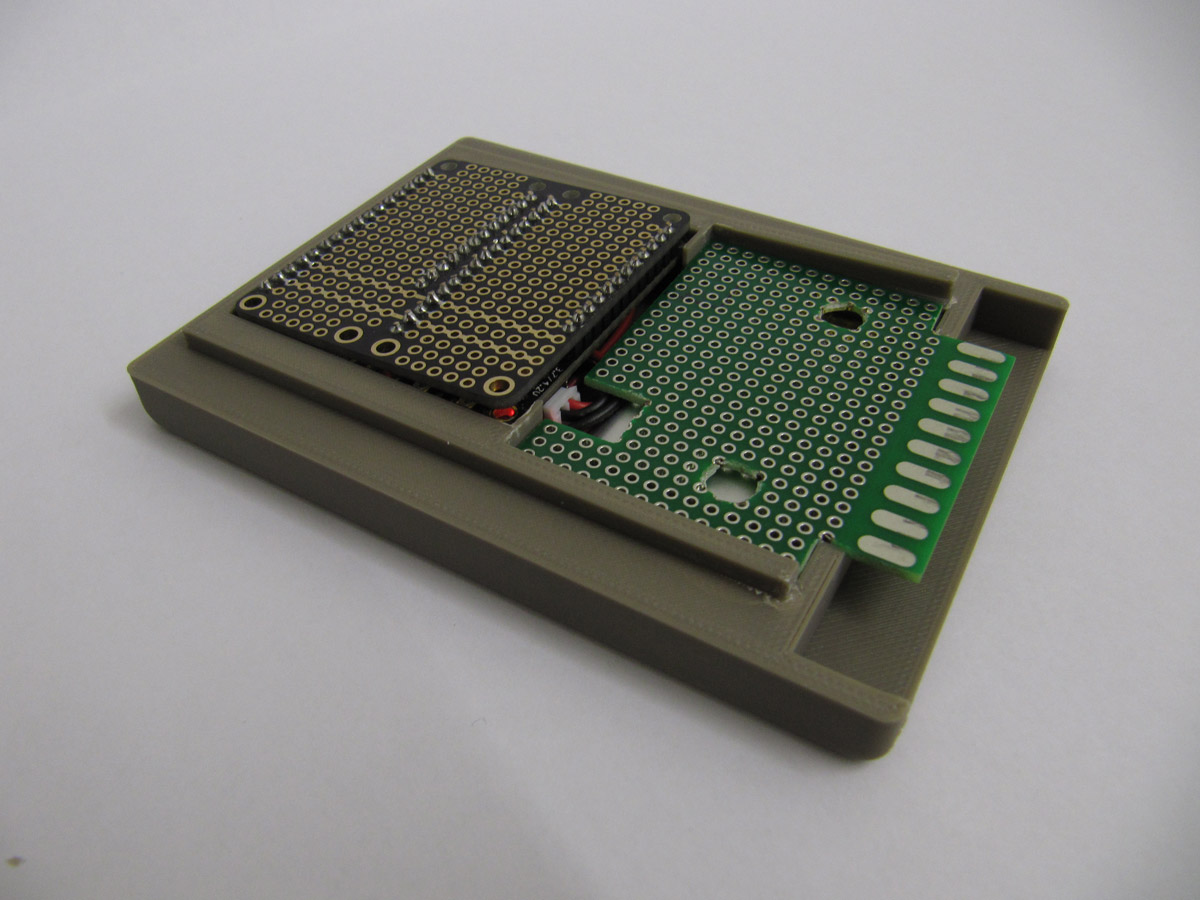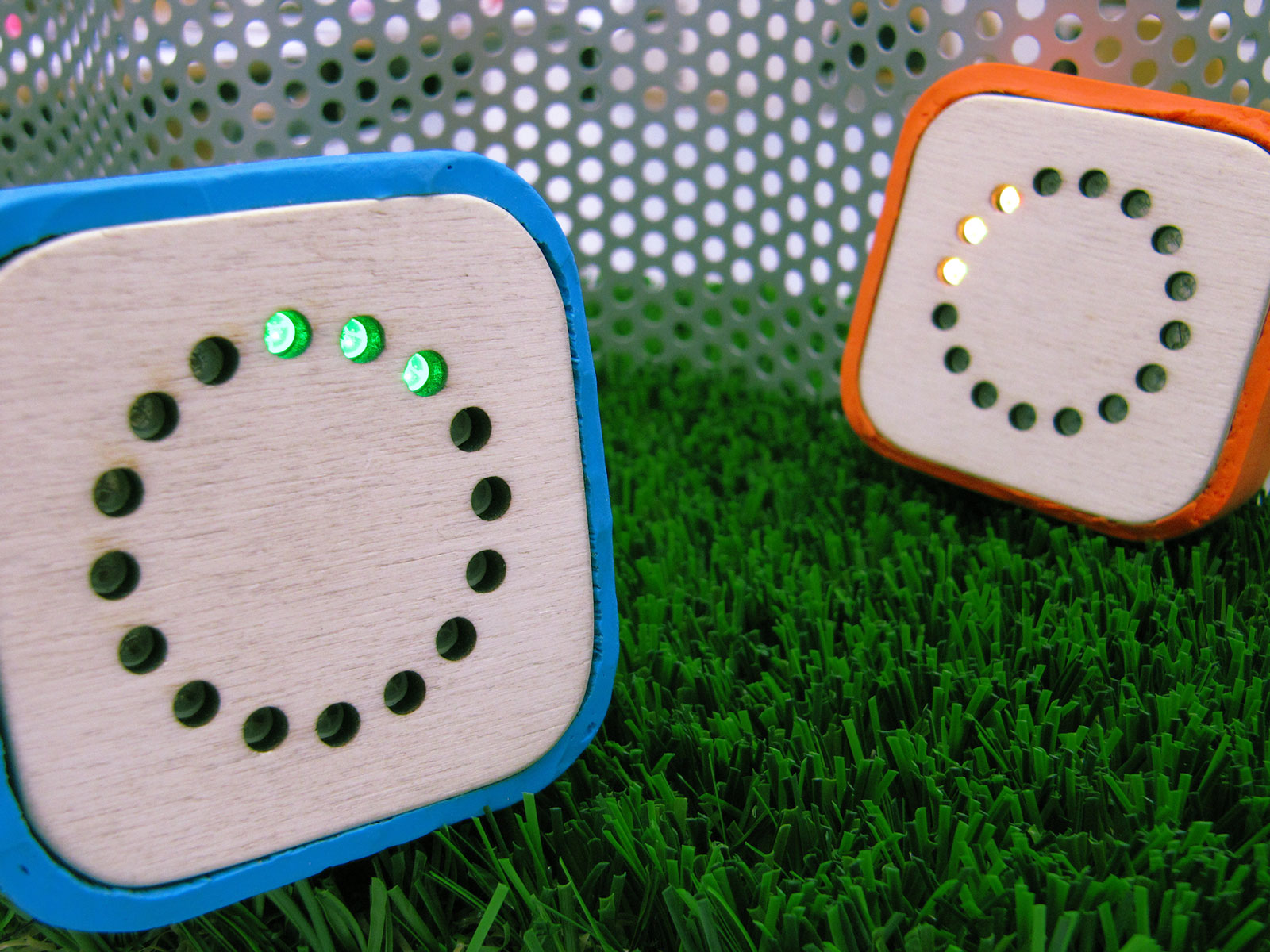The Pico ecosystem
Pico is an ecosystem composed by an "expansion cartridge" and a platform (a web application/ service) where users and devices can interact.
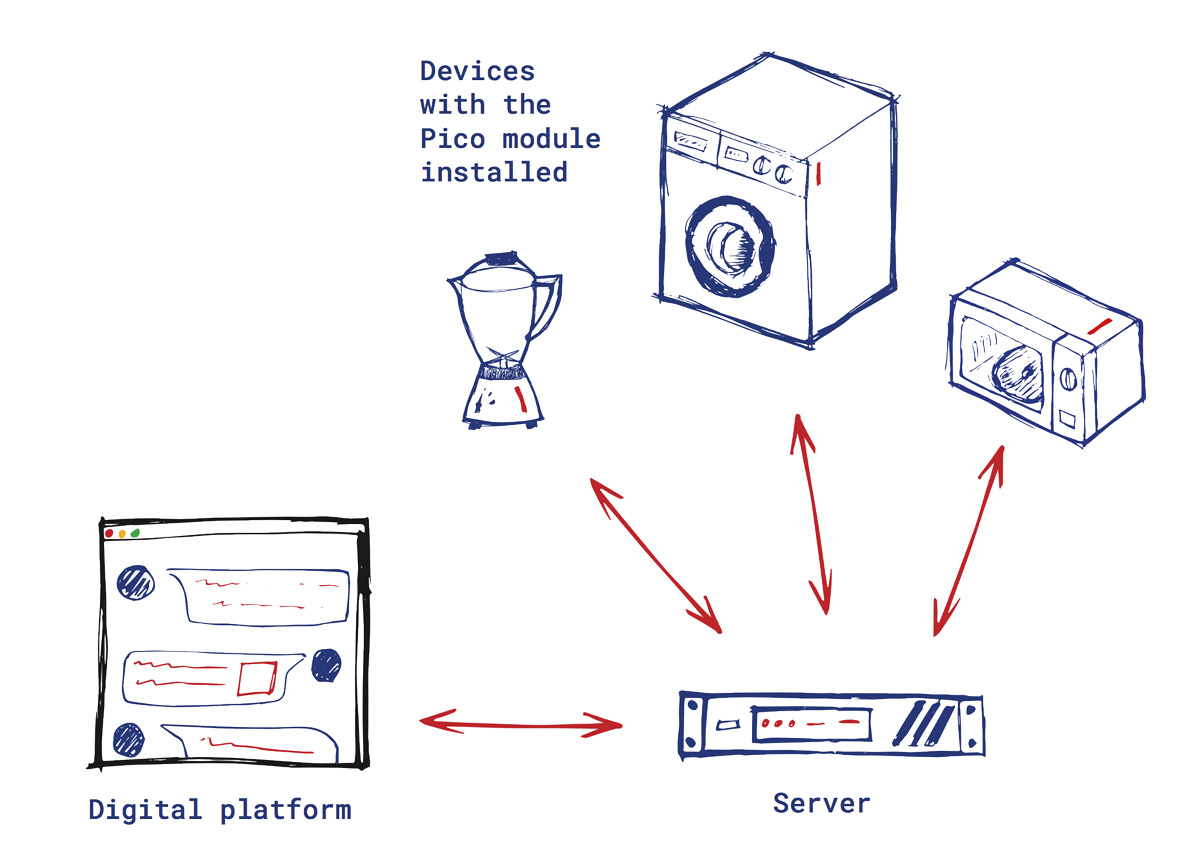
The cartridge is "the brain" that takes in charge all the communication and notification features of the device, and due to its features and duties I decided to keep its design simple, with a display that gives operational status and "personal mood" feedback to the owner. It connects to a standard socket installed on the machine, and becomes able to analyse how the user's interaction with the machine and takes control of its components (sensors and actuators).
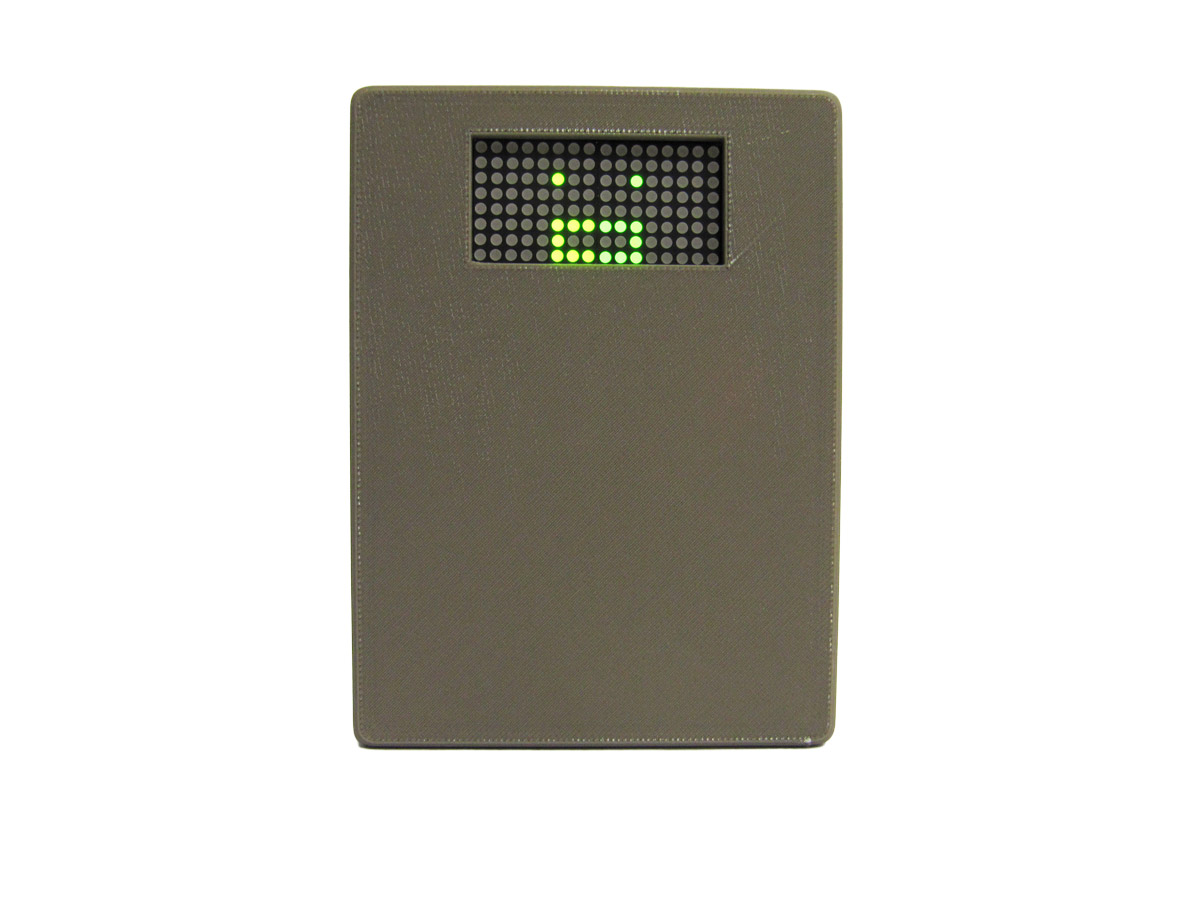
The platform acts like a social network, where machines and users can interact in a more natural way by exchanging their mood and thoughts.
This allows machines to have a "humanised" social status (including the ability to build friendship and sentimental relationships with ease), and allows us to interact with them and monitor their lives and activity, which makes us closer to them, resulting in a stronger attachment.
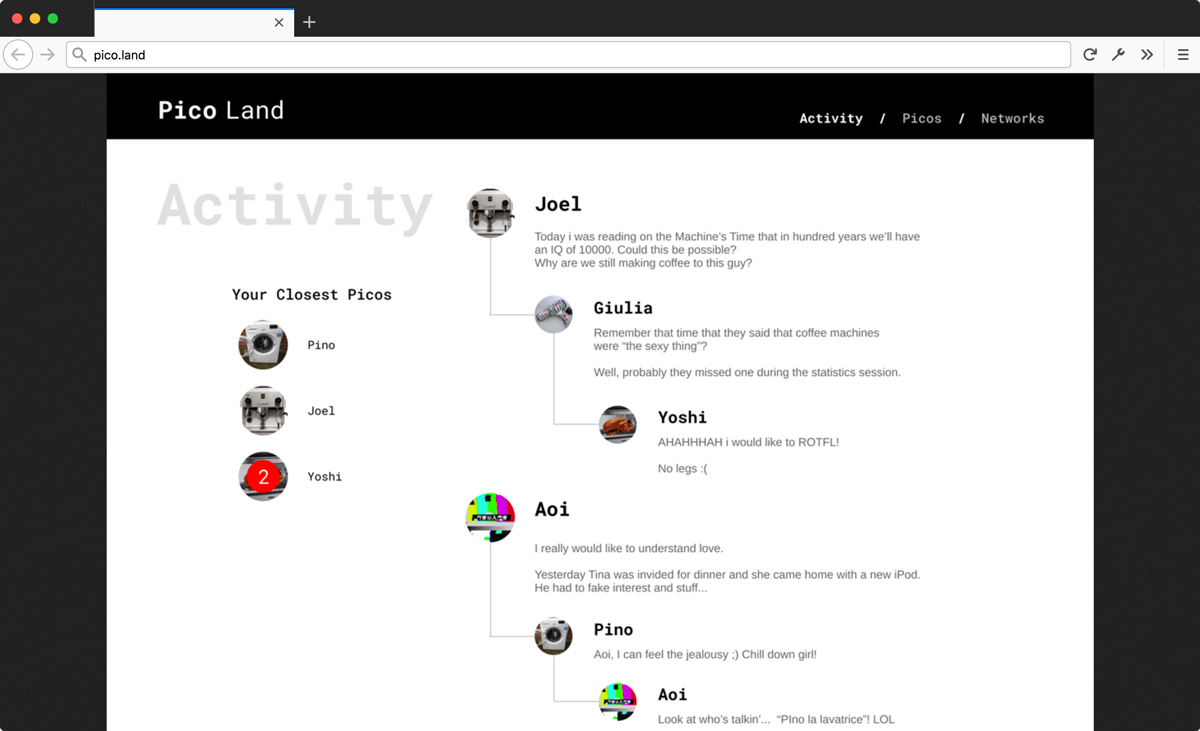
Research
During my research I've been learning a lot on the emotional implications of the relationship between users and devices, the reasons behind intelligent machines, and the ethical side of this relationship.
My desire to understand this was due to the fact that everything has changed: we're expecting more from machines, and we make them more and more intelligent to perform more complex tasks in less time. And even if we massively profit from this, our relationship has become more superficial.
Also, thanks to product and service design strategies like planned obsolescence we get less attached to them, and we're ready to trash them as soon as a new and updated device is on the market, taking consumerism to an all-time high.
picture
Do they dream of electric sheeps?
As a sci-fi fan, I've been reading novels and watching movies about intelligent devices and robots, and nowadays, with the growing "trend" of AI, all this possible futures are becoming more vivid, and "scaringly reasonable" (just google "the real skynet").
We're in a point of history where machines are smarter than ever: can we still expect them to behave as they're supposed to, with such an intelligence? What are the implications of their consciousness and the resulting scenarios?
The research results brought me to think about what do machines need. It's an assumption that they really need something —except for electricity or "fuel"—, in fact they were created to perform the tasks we needed them for, isn't it?
Are we still creating machines to help us, or it's just a human narcissistic obsession to become like Prometheus?
I decided to indulge my speculations... And to give this project a funny and ironical twist!
Final thoughts on the research and concept
There are some devices that were born with intelligence, but what about the older ones? Can we improve them in order to become part of our life forever, or to build a stronger attachment? And speaking of emotional attachment, what are the dynamics involved? Why we prefer one thing, a person, or a certain animal (the "cats vs. dogs" pattern) over another?
During my research I tried to identify the common and recurring characteristics of the people, animal, and devices that stimulated the biggest attachment and "emotional sympathy", and I understood that the "nature" and the temper were the most effective ones.
With this assumption in mind I started by studying the different users, and I understood that when you give machines a soul they become users too, and a lot of funny questions came up!
What's like to be a machine? What's their usual work day? Do they communicate together, and if yes, what they talk about?
picture
Proof of concept and final thoughts
This project have been really intense, both on the speculative and on the technical side.
Besides all the speculations, being a curious and "nerdy" person I developed a working prototype of the ecosystem: To do this I modified a coffee machine, 3D printed, solderered and programmed the cartridge, built and installed the PHP and NodeJS platform in PHP on a Raspberry Pi3 that acted as a server and "access node" for the connected devices. And everything worked!
I've been really happy to develop a working prototype of the ecosystem, and even if the conversations were just simulated, the interaction between the machines and the users was real. By pushing a button, the machine really got "alive" and communicated its online status, wrote on the platform, and the other machines answered!
Thanks to this project, my interest in speculative and disruptive design have been growing a lot, and I can't wait to do other researches and experiments on other topics.
